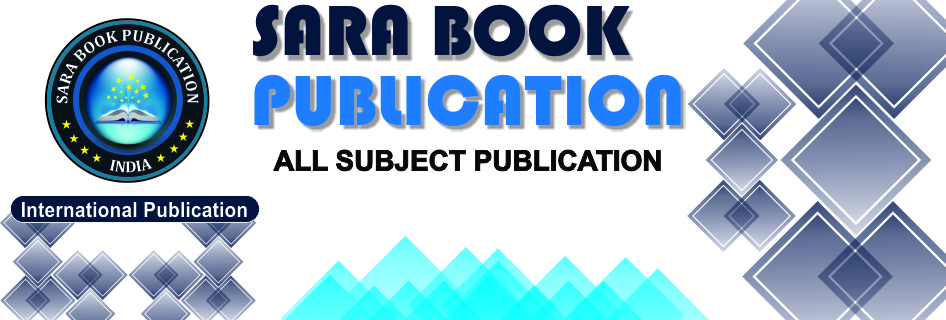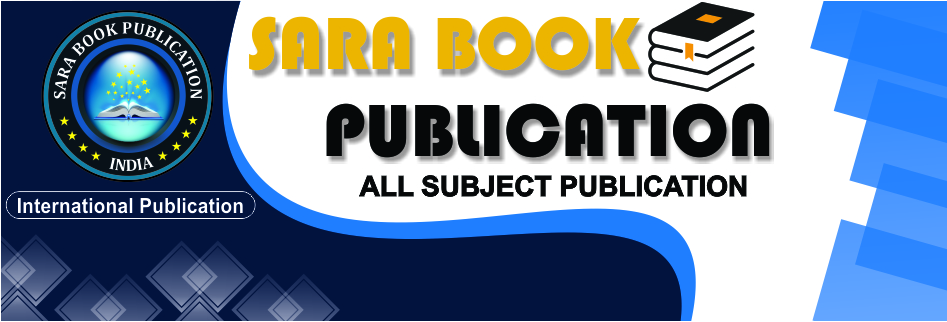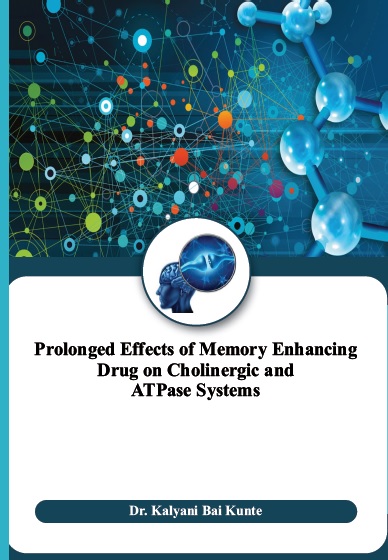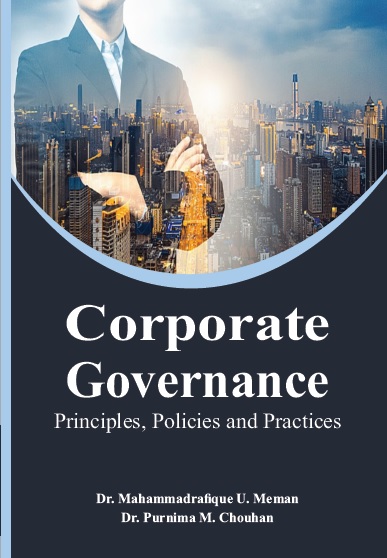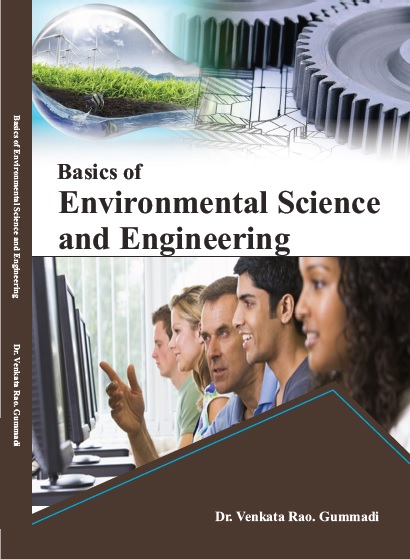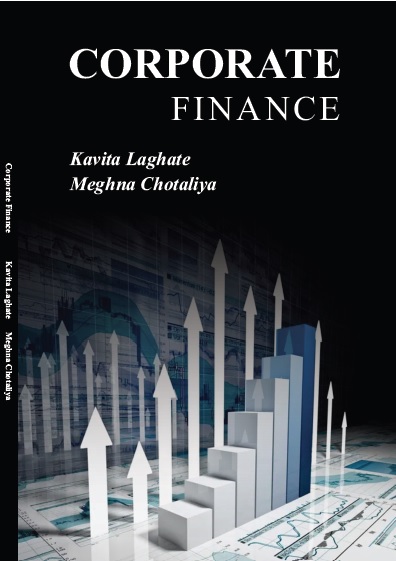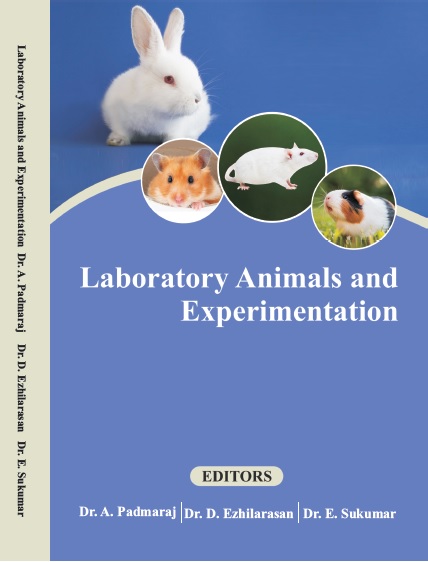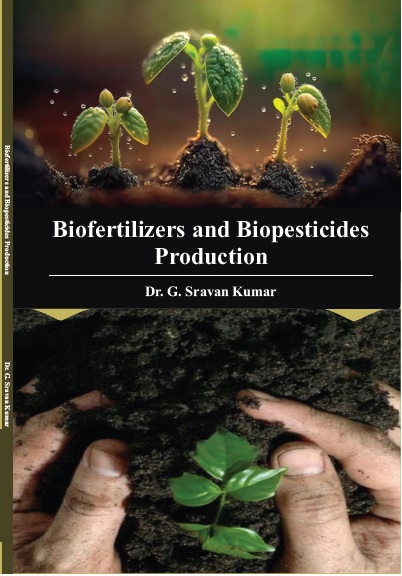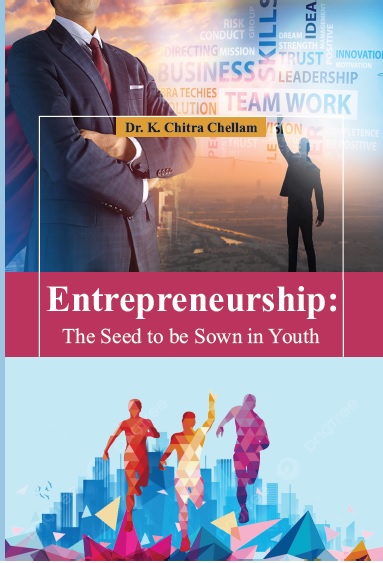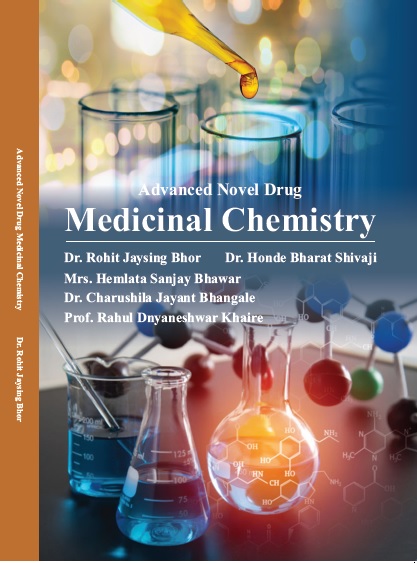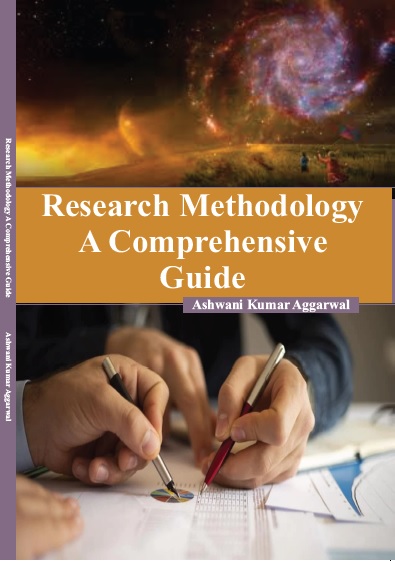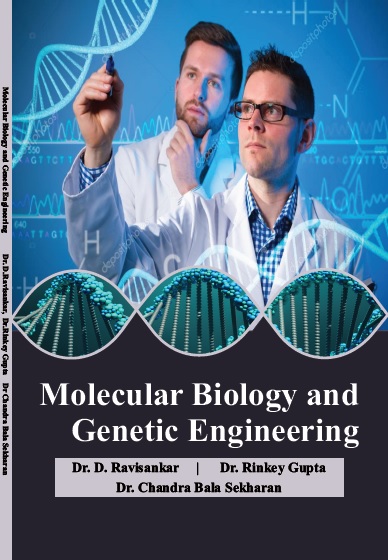LIFE SCIENCES
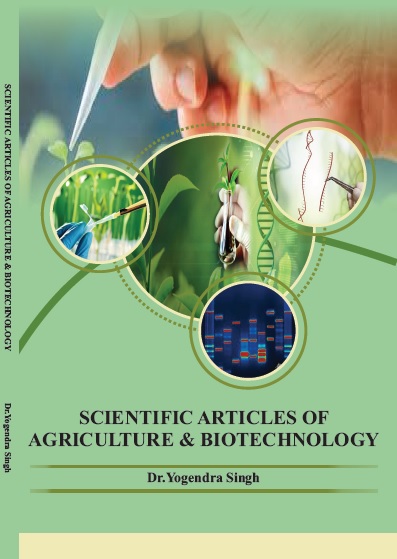
Scientific Articles Of Agriculture & Biotechnology
by Dr. Yogendra Singh
ISBN Number : 978 - 81- 938141 - 9 - 2
Authors Details
| Author Name | Image | About Author |
|---|---|---|
| Dr. Yogendra Singh | 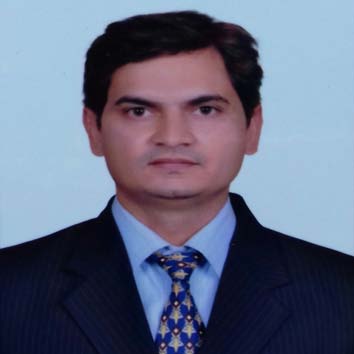 |
Dr. Yogendra Singh is working as Assistant Professor (Senior Scale)-
Biotechnology in Department of Plant Breeding & Genetics, Jawaharlal
Nehru Krishi Vishwa Vidyalaya, Jabalpur (M.P) India since 30th April
2007. Dr.Yogendra Singh has international exposure of research. He has
Successfully completed International training entitled “Molecular
Breeding Course” for management of Abiotic & Biotic stress using
Molecular tools at International Rice Research Institute ( IRRI) , Los
Banos, Laguna, Philippines in year 2011.He has completed his Ph.D
(2006) in Molecular Biology and Biotechnology with Minor in
Biochemistry as regular student from G.B. Pant University of Agriculture and Technology, Pantnagar-
263145, U.S Nagar, Uttarakhand, India. He has qualified National Eligibility Test (NET) and Graduate
Aptitude Test in Engineering (GATE). Before joining present position Dr. Singh has also worked as
Lecturer –Biotechnology in Amity University, Noida Uttar Pradesh. He has handled two adhoc projects
and his area of expertise are Molecular marker technology, Transgenic in plants, Genetic diversity
analysis, Host pathogen interaction, Biotic & Abiotic stress Management in crop plants. He has taught
various courses like Techniques & skills I, Techniques & skills II, Techniques & skills lab, Cell Biology
Lab, Molecular Biology, Molecular Biology Lab, Methods & Instrumentations in Biotechnology,
Methods & Instrumentations in Biotechnology lab, Recombinant DNA Technology, Recombinant
DNA Technology lab, Plant pathogens & Principles of plant pathology, Agriculture Microbiology,
Principles of plant Biotechnology, Biochemistry, Crop Physiology , Principles of Genetics,
Introduction to computer application, Principles of Genetics (Deficiency course for M.Sc),
Cytogenetics. Biotechnology for Crop Improvement, Fundamentals of Molecular Biology,
Fundamentals of Plant Biochemistry & Biotechnology, Biosafety IPR & Bioethics, Plant Tissue
Culture & Genetic Transformation , Commercial Plant Tissue Culture , Advances in Crop
Biotechnology, Plant Tissue Culture, Recombinant DNA Technology in different classes like B.Sc. (H)
Medical Biotechnology, B.Tech. Biotechnology, B.Tech. Bioinformatics, M.Sc. Biotechnology, M.Sc.
Bioinformatics, B.Sc (Agriculture), M.Sc (Ag.) Plant Breeding & Genetics, M.Sc (Ag.) Molecular
Biology & Biotechnology, Ph.D (Ag.) Molecular Biology & Biotechnology. Dr.Yogendra Singh has
Edited a Book, published 47 research papers, 09 review articles and 05 book chapters with national and
international publishers. He has received several honours of scientific societies like Young Scientist
Award, Scientist of the Year Award, Excellence Research Teaching Award, Best Participation Award,
Excellence Award and Best paper award. He has also worked as Lead Speaker in Conferences, Referee
in Journals, Editorial board member of Journals, Chairman of Scientific session,Judge of scientific
Session and Rapporteur in Conferences. Dr.Yogendra Singh has presented several papers in
International and national conferences and delivered lectures in training programmes on Biotechnology
aspect. |
Book Description
In last few years there is a great change in population in rural &urban area. A large population in developing world is shifting from rural to urban area. Within the next decade more than half of the world population, an estimated 3.3 billion will be living in urban area. As recently as 1975 just over 30-35% of world population lived in urban areas but by 2025(only after 50 years) it will be almost 60-65 %.The metro cities of future are taking shape in developing countries and will affect social& environmental aspect of concern countries and ultimately an alarm for food security. The Urban populations are not able to feed themselves by subsistence food production, and their eating patterns differ from those of rural folk. The amount of high-value, transportable, and storable grain (such as rice and wheat), animal protein, and vegetables in their diets is higher, with a corresponding decrease in the proportion of traditional foodstuffs. Probably in 2025 the 800 million subsistence farmers will not possibly be able to feed 4 billion city dwellers.



